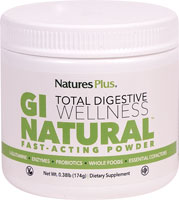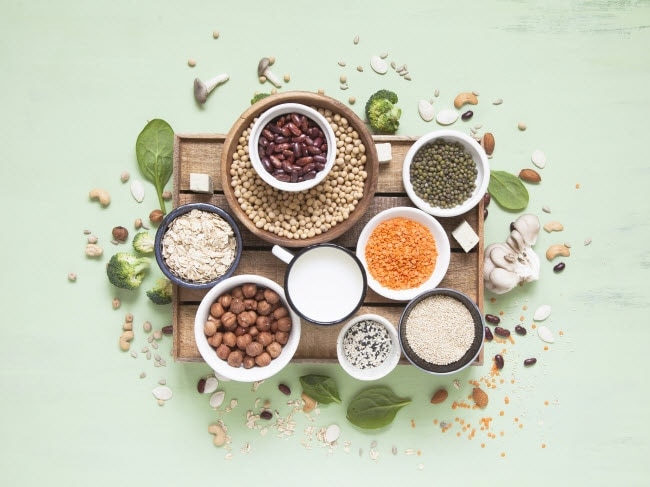First came fat, then came sugar. Now lectins are the target of suspicion, with many health experts claiming they are the culprit behind digestive distress and other health woes.
Lectins are naturally occurring proteins that are found in most plants, especially legumes and grains. In small amounts, they may provide several health benefits, as the majority of lectin-containing foods are high in vitamins, minerals, fiber, antioxidants and all sorts of beneficial compounds.
At this point, there’s no conclusive research that shows following a lectin-free diet will cure any medical disorders or conditions, including autoimmune diseases.
Research does indicate that taking in large quantities of raw lectins could have negative health effects. Uncooked (raw) legumes like kidney beans are the biggest sources of lectins, and eating them can lead to lectin poisoning. The main symptoms of lectin poisoning include severe abdominal pain, vomiting and diarrhea.
However, when was the last time you chowed down on raw kidney beans, or other raw legumes, for that matter? The amount you’d need to consume each day to get to a harmful level, however, is much higher than a typical diet would include. Plus, cooking, sprouting or fermenting foods high in lectins works its magical alchemy. Studies have shown that lectins break down when processed or cooked. All in all, the concept of “killer lectins” may be a tad exaggerated.
But for some people with food sensitivities, large amounts of lectin-rich foods can potentially cause inflammation or gas. Lectin, which is not digestible, binds to cell membranes (of carbohydrates) lining the digestive tract and can alter the cell’s function, potentially damaging the gut wall. If you do want to experiment with reducing your intake of lectins, below are otherwise nutritious foods that happen to be high in lectins.
Foods high in lectin to consider avoiding
1. Nightshade vegetables
Tomatoes, potatoes, goji berries, peppers and eggplant are all part of the nightshade family. While popular culinary staples, many people claim they are ultimately harmful: Nightshades have been linked to autoimmune conditions and inflammation and, such as that found in arthritis.
2. Legumes, such as lentils, beans and chickpeas
A good source of complex carbs, protein and fiber, legumes have the highest lectin content of any food group. To dramatically reduce their intense lectin content, make sure to cook them long enough. (Peanuts however show no change in lectin content after heating.)
3. Peanut-based products, such as peanut butter and peanut oil
Peanuts are in fact classified as a legume, but remain in a category of their own, partly because their lectin content does not seem to be affected by heat.
4. Grains and products made with grain or flour, including cakes, crackers and bread
Wheat is rich in antioxidants, and an important staple food for many cultures and countries. It’s also high in lectin, especially raw wheat germ. Most lectins are completely eliminated in the processing process (think pasta) or during cooking.
The real deal
No conclusive evidence shows that lectins, once properly cooked or processed, have significant adverse effects in humans. But some studies do indicate that a lectin-free diet might be beneficial for some people, such as those with food intolerances. Make sure to take a skeptical approach when researching lectin-free diets—many websites that endorse this kind of food plan are also trying to sell products associated with combatting lectin’s alleged deleterious effects.




